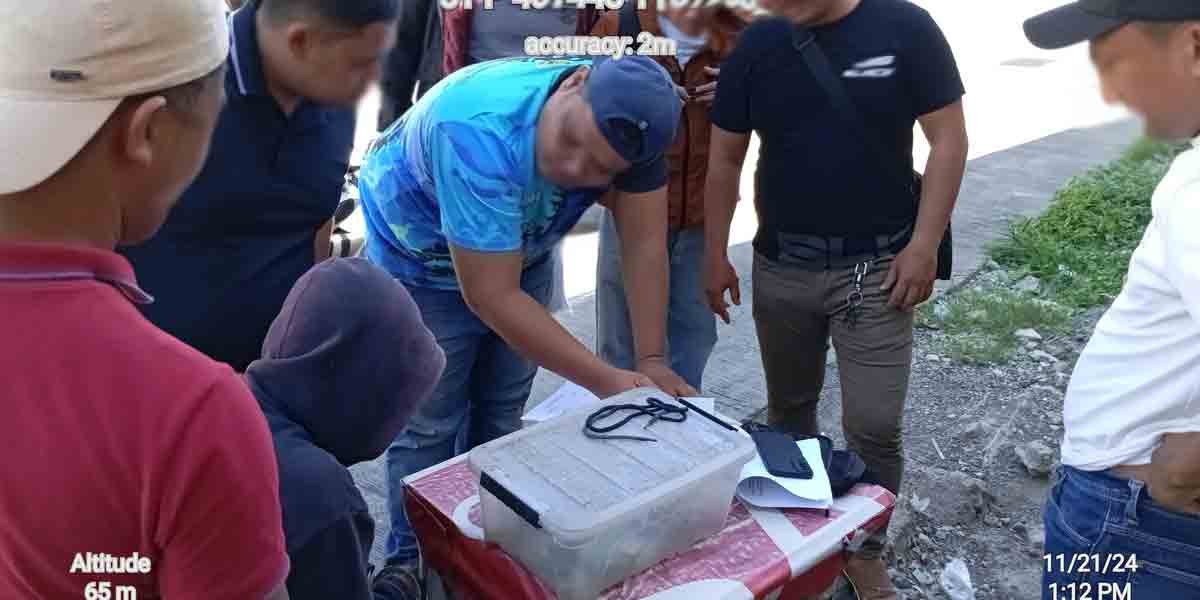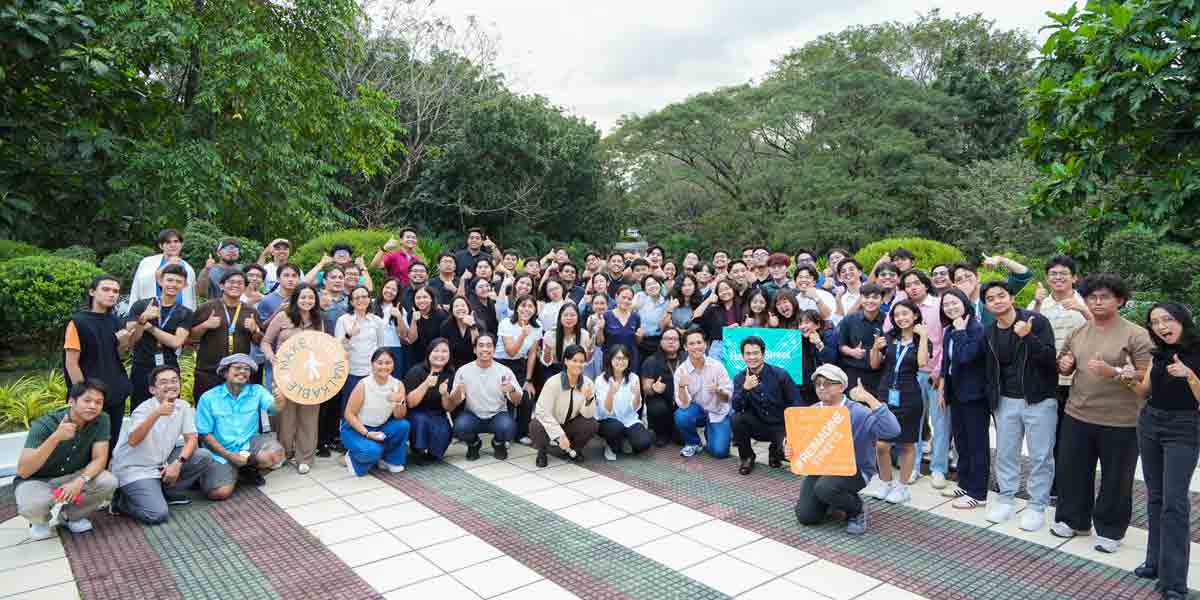 By Joshua Corcuera
By Joshua Corcuera
Recently, a Philippine senator uttered remarks implying that he is loyal to the country’s chief executive to the extent that he loves him. However, occupying a public office as an elected official means that such official should be loyal to his/her country and fellow Filipinos, not to some other politician.
According to Article XI, Section I of the Philippine Constitution, “Public officers and employees must, at all times, be accountable to the people, serve them with utmost responsibility, integrity, loyalty, and efficiency; act with patriotism and justice, and lead modest lives.” For historical context, the phrase public office is a public trust is often attributed to one of the founding fathers of the United States of America and its third president, Thomas Jefferson. “When a man assumes a public trust (office),” he said, “he should consider himself as public property.” From here, it is imperative to take note that elected officials of the government are supposed to be loyal to the country and to their fellow countrymen—not to some other politician or ally. This, actually, is common sense and self-explanatory given the fact that the salaries received by public officials emanate from the contribution of the people in the form of taxes.
Personally, I am frustrated of the fact that many—perhaps most—officials within our government love so much a certain fellow politician as if they owe their current office to them—when, in reality, they are in office thanks to the will of the masses. As elections are nearing, it is essential for the people to remember that the people we elect to public office are—in the words of Jefferson—a public property. They are in power to fulfill their mandates for us, the people, specifically by championing good causes, fighting corruption, protecting human rights, providing services to everyone in the form of education, healthcare, and infrastructure, and so forth. They are not in power to make dramatic statements nor are they in power to express their admiration for an ally. We must demand that they work and that they work efficiently basically because we pay them our taxes.
Speaking of taxes, it is necessary that the masses have some sort of mechanism or way to be aware on how their taxes are being spent or where such taxes go to. Fortunately, some government offices—particularly the Commission on Audit (COA) —are tasked by pertinent laws of the country to make sure that the contributions of the people are being accounted for. In the case of COA, it is apparent that they flag alleged misuse of funds within the government. Recently, several audit reports were publicized wherein questionable transactions were flagged such as an infinity pool constructed by a government authority in a northern province—in the middle of a pandemic. Another case involves the purchase of four laptops at a total price of P 700,000 or P 175,000 per unit. Funnier is the fact that the specifications of such laptops are not that much advanced. As of writing, though, the government agency supposed to buy those laptops did not push through doing so. It seems that public backlash and criticisms are helpful in making sure that our taxes are spent wisely and appropriately.
Altogether, we must remind ourselves—especially that the elections are fast-approaching—that we do not owe anything to our officials. Rather, it is the other way around especially that we pay them their benefits in the form of taxes.




















